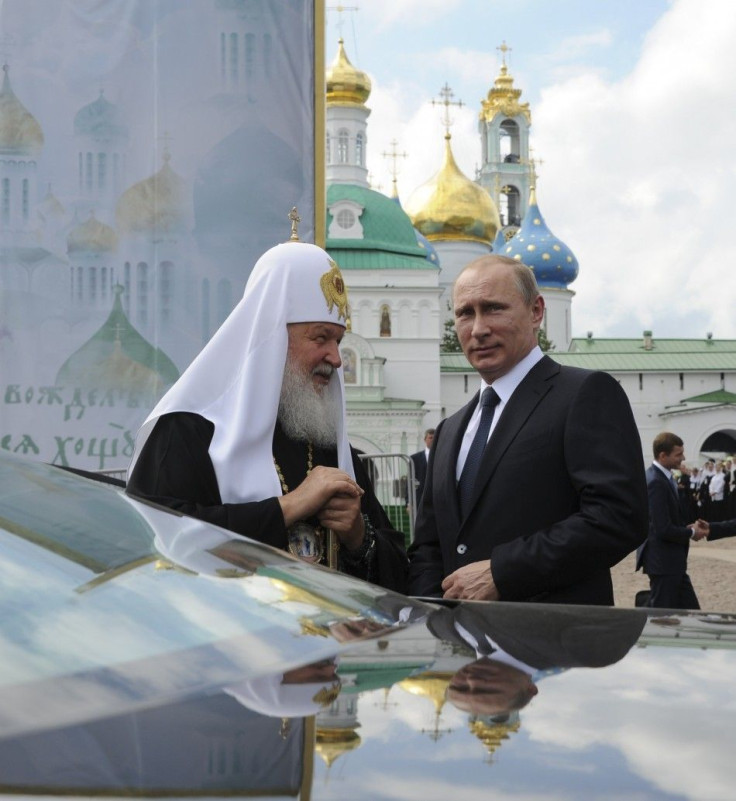White House Hints More European Sanctions Against Russia

There could be further sanctions against Russia in Europe, the U.S. government indicated. The White House feared that Vladimir Putin's government might further get engaged in cross-border intrusion.
U.S. President Barack Obama had a video conference with four major European national leaders: Germany's Chancellor Angela Merkel, Italian Prime Minister Matteo Renzi, French President François Hollande and British Prime Minister David Cameron. The prominent international leaders apparently agreed on going for further sanctions against Putin.
Mr Obama's National Security Adviser Tony Blinken told reporters that the European leaders had expressed that they were determined "to act." "We expect the European Union to take significant additional steps this week, including in key sectors of the Russian economy," Blinken said, "In turn, and in full coordination with Europe, the United States will implement additional measures itself."
If Russia suffers further sanctions like travel bans, it may have to deal with unprecedented uncomfortable situations. Russia has around $400 billion in foreign exchange reserves. However, it may not bother Russia in terms of its oil sales. There may be several other countries to step in if Europe decides to ban Russia for a longer time. The U.S government does not get a significant amount of Russian oil at the moment.
Blinken, on the other hand, said that the European nations might propose a ban of Russia in defence, finance and energy sectors. Talks about the sanction against Russia went stronger after Russia had been allegedly involved in shooting down Malaysian Airlines flight MH 17. The accident eventually killed 298 people from different countries.
According to U.S. intelligence, Russia continues to supply weapons to pro-Russian separatists. Russian troops have also been stationed near the Ukraine border. Russia allegedly has plans to increase its military support further to the separatists.
"One of the things we believe Russia has been trying to do is to get Ukrainians to take some action that they can then use as some kind of 'justification' for an intervention - a so-called humanitarian intervention or a so-called peacekeeping intervention," Blinken said, "That is one of the things that we think is in the potential Russian playbook."
Contact the writer: s.mukhopadhyay@ibtimes.com.au





















